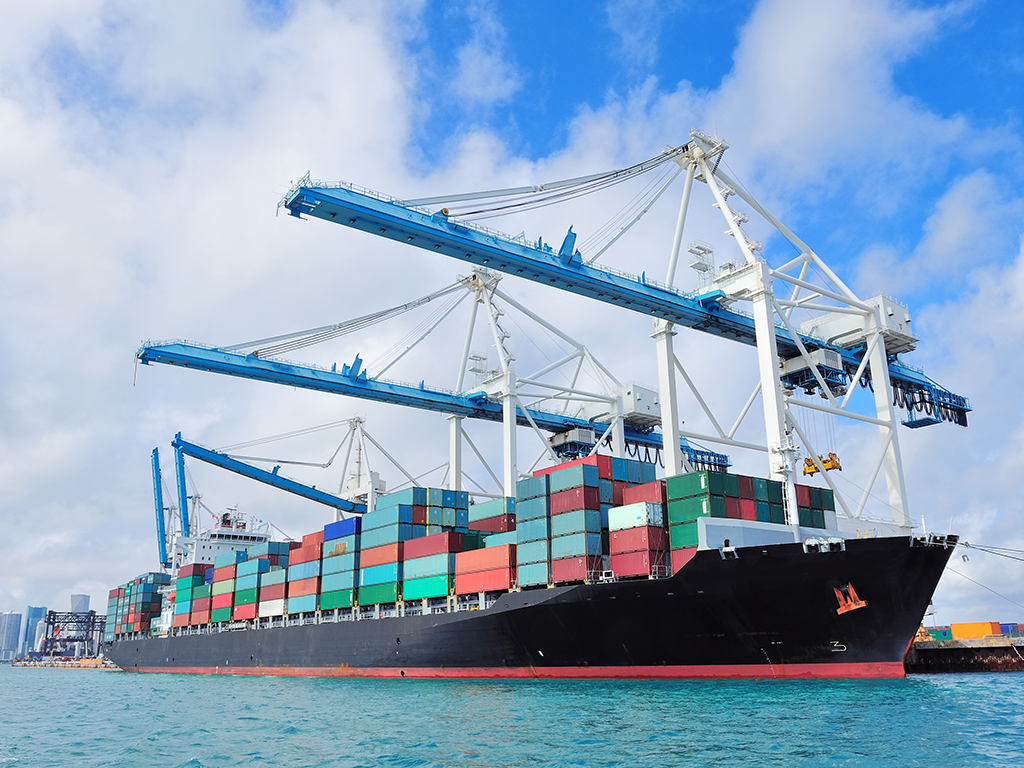When cargo ships carry the weight of 60,000 elephants

- The largest ship in the world is the MSC Irina, owned by the world`s largest container transport company, the Mediterranean Shipping Company. Almost 400 meters long and more than 60 meters wide, this giant first set sail last year from the Chinese port of Guangzhou. The capacity is 24,346 TEU, and thanks to the smart design, it consumes less fuel and reduces carbon dioxide emissions by 3-4%, the manufacturers claim.
- Cargo ships transport more than 90% of the world`s goods, including food, clothing, electronics and other essential products, according to the World Economic Forum.
- According to Statista, between 1980 and 2022, the carrying capacity of cargo ships increased from about 11 million tons to 293 million tons. Some container ships can carry up to 400,000 tonnes of cargo, equivalent to the weight of 60,000 elephants.
- Most of the workers on the ships are Filipinos, according to the Philippine Overseas Employment Agency, about 229,000 Filipino workers are on merchant ships worldwide at any given time.
- The modern container, as we know it today, was invented by the American entrepreneur Malcolm McClain. He developed the idea in the 1950s, and the first standardized container was patented in 1956. That invention revolutionized global trade and transportation by greatly simplifying the process of loading, unloading, and transporting goods.
- It is estimated that at least 20 million containers are sailing the oceans at any given time.
- According to the World Maritime Council (WSC), an average of 1,382 containers are lost at sea every year.
- Container ships often travel along established trade routes that have been used for centuries, such as the Silk Road and the Spice Route. But they travel very slowly, at an average speed of, according to Statista, 14.2 nautical miles per hour (not quite 27 km/h).
- Only 10% of ships have constant internet access.
- The average lifespan of a cargo ship is about 25 years, although with proper maintenance it can be extended up to 40 years. At the end of its useful life, the ship may end up in a recycling facility, although, as warned by the international maritime association BIMCO, recycling is now at its lowest level in the last two decades.

Click here to see the entire Special Edition Newsletter
"Transport and logistics - Ready to move the impossible?"
































